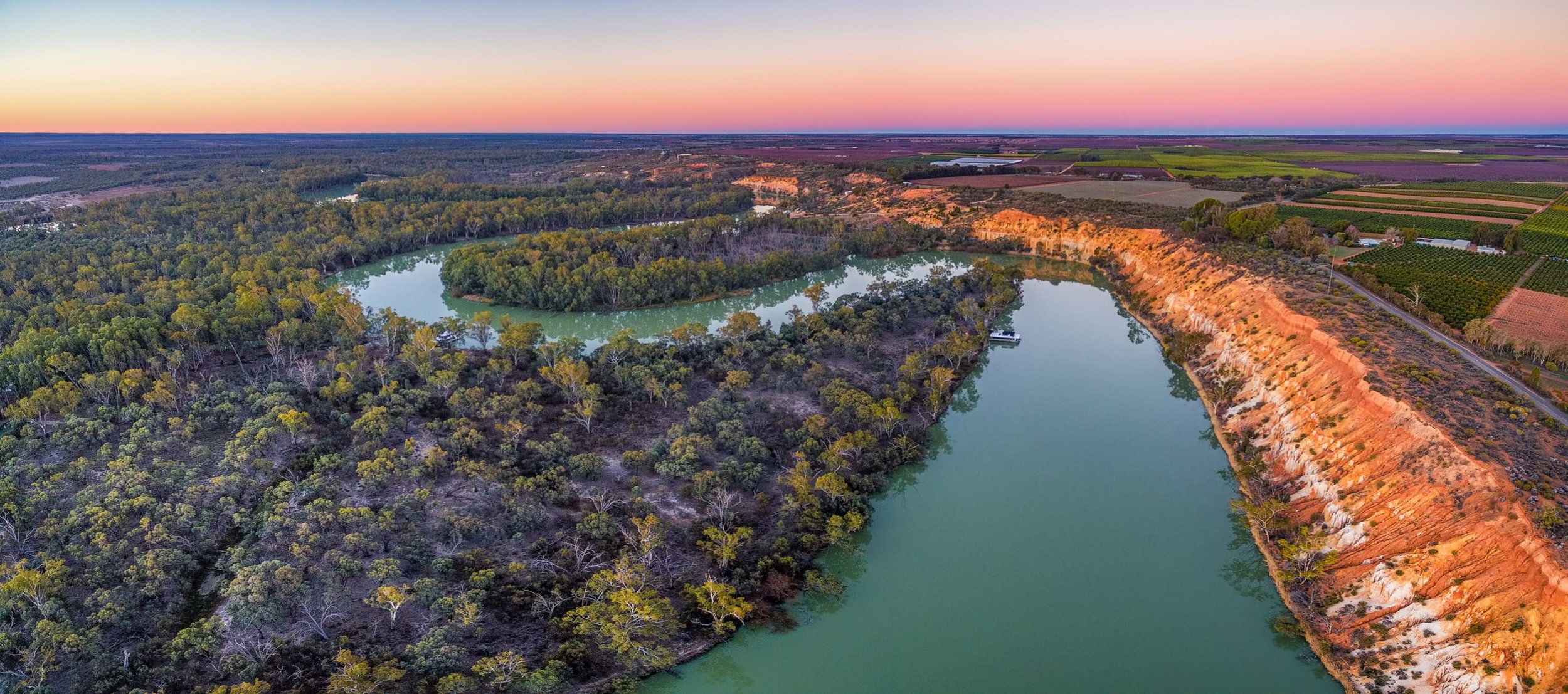Join the search
The Great Australian Wildlife Search relies on passionate volunteers venturing out to designated testing sites to collect water samples for eDNA analysis.
We invite you to become part of our community of explorers.
What does it mean to be a Citizen Scientist?
We invite you to register your interest to participate in our exciting initiative! By registering for the 2024 season, you are showing your support for wildlife in the Murray - Darling Basin and could be a part of a nation-wide program.
Sampling is easy, and you will be supported every step of the way.
If you are selected to joing the search, you’ll need to conduct water sampling anytime between October 1 and November 30, 2024. The process is straightforward: simply choose a convenient date within this period to visit your chosen site, collect two water samples, and send them back to our lab for analysis.
Selection for testing is based on gegraphic area to test specifically identified sites.
For a nice recap of what’s involved, take a look at our field video featuring Josh Griffiths, Senior Wildlife Ecologist, EnviroDNA:

“Where I live is environmentally diverse and with the state of the world, struggling with climate change, I wanted to contribute to meaningful research to support my local environment. It was great to see positive eDNA samples in the local waterways especially in small riverways that didn’t look that habitable but are an animal’s home.”
Spring 2023 Citizen Scientist
Why collect water samples in the Murray-Darling Basin?
Conservation impact
Hundreds of wildlife species thrive in the Murray-Darling Basin. It's crucial for governments, landholders, and communities to come together to protect these natural habitats. By participating in the Great Australian Wildlife Search, you can help gather essential baseline data on the species that inhabit our rivers and waterways.
Long-term benefits
Ongoing data collection and analysis enable detailed health assessments of our ecosystems, guiding future conservation strategies. The pioneering eDNA technology used in the Great Australian Wildlife Search is a cornerstone for global conservation efforts, identifying and safeguarding areas of ecological significance.
How you can help
Join us in this vital initiative! Collecting water samples allows us to establish and refine baseline data. When you collect two samples at your chosen site, you're also capturing trace DNA from aquatic and land-based wildlife present in those samples. This data is crucial for ongoing health checks of our waterways and informs targeted conservation efforts.




